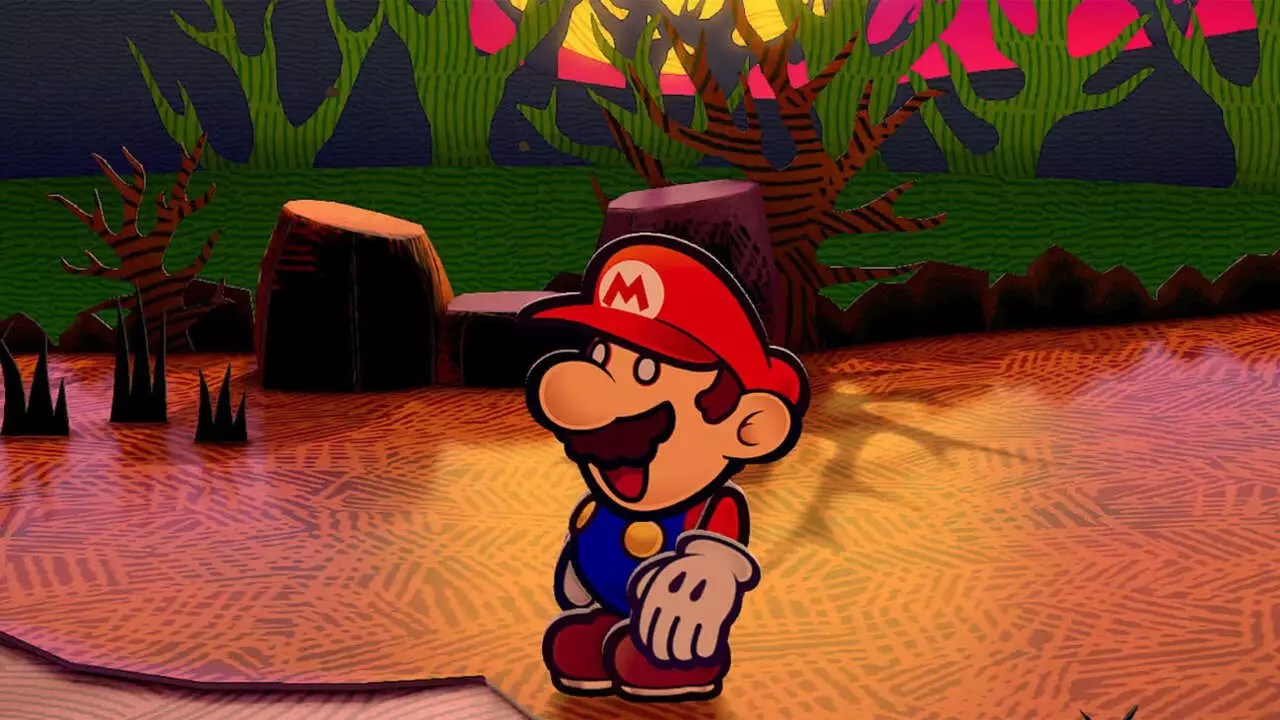Nintendo, a renowned gaming company, is known for bringing popular Japanese games to a global audience through careful localization. However, what many gamers do not realize is that the names of external translators who play a crucial role in this process are often omitted from the credits. This injustice has sparked a conversation among a few brave external translators who are shedding light on Nintendo’s questionable practices.
An anonymous former Nintendo employee, now working as a translator for Nintendo through an external company named Localsoft, has shared the harsh reality faced by external translators. In addition to being excluded from the game credits, these translators are required to sign a 10-year non-disclosure agreement (NDA) that prohibits them from acknowledging their contributions. This not only deprives them of recognition but also hinders their professional growth by restricting their ability to showcase their work on resumes.
Expressing their frustration, one translator lamented about the inability to leverage their experience on high-profile projects when seeking new opportunities. The translators feel trapped in a system where they have no voice and are at the mercy of companies like Nintendo. Attempting to challenge this unjust structure often leads to blacklisting, jeopardizing their source of income and livelihood. The lack of empathy towards these essential contributors reflects a concerning trend in the industry.
While most external translators remain silent in fear of repercussions, a few courageous individuals are speaking out and advocating for change. It is evident that external translators deserve to be acknowledged for their valuable contributions, and the industry must address this issue collectively. Public pressure and awareness play a crucial role in holding companies like Nintendo accountable for their actions. Unless there is a significant push for transparency and fairness, the status quo will continue to prevail, perpetuating the cycle of exploitation.
By amplifying the voices of external translators and shedding light on Nintendo’s practices, we can strive towards a more equitable and respectful industry where all contributors are recognized and valued. It is time for companies to reevaluate their policies and prioritize the well-being of those who play an essential role in bringing beloved games to a global audience.


Leave a Reply